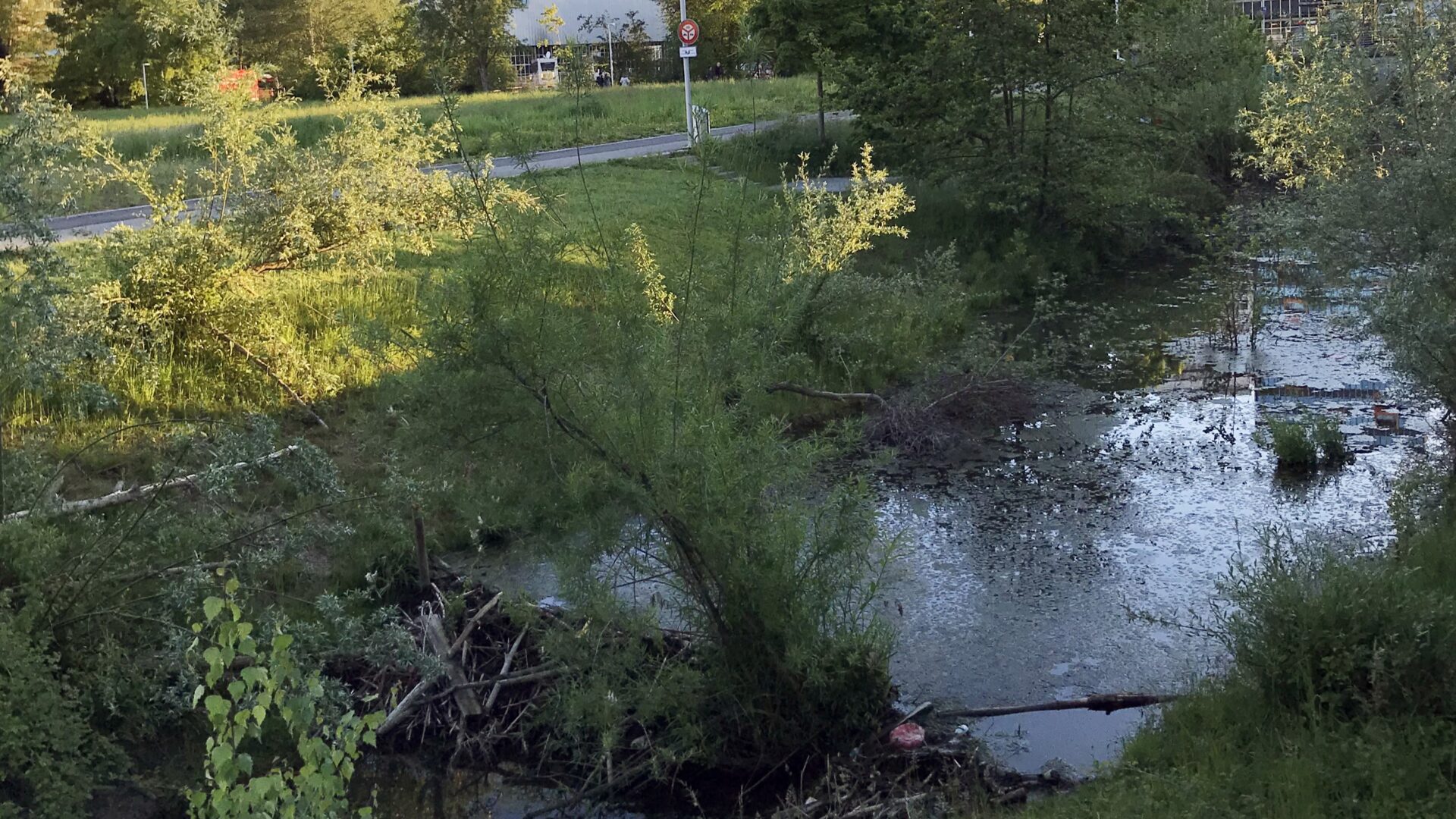In higher latitudes, chemical defences in plants increase and so does the plant’s resistance to pests, as a number of studies have shown. The mechanism explaining this increase in chemical defences is currently unknown but daylength is suggested to play a decisive role.
Knowledge on Arctic plant defences for successful agriculture in the North
Agriculture in high latitudes is a promising option to counterbalance the rising need for food production due to a growing world population. As temperatures increase, agriculture and yields in subarctic and arctic regions are likely to intensify. However, higher temperatures and increasing number of grown plants will be accompanied by the arrival of more pests, like fungi and insects in these Northern regions. These newly arriving pests will likely cause additional challenges for the local plants.
A number of studies show that with latitude, the constitutive chemical defence present in plants increases, and with it their resistance to pests. The reason for this increase in chemical defence is yet unknown. The project team suspects that extended daylength in summer at high Northern latitudes plays a major role. Extended daylength could positively influence the light-dependent accumulation of the plant hormone jasmonate. This phytohormone likely ensures reinforced synthesis and accumulation of chemical defence substances, which provide the plants with greater resistance. The project team, around Axel Mithöfer from the Max-Planck-Institute of Chemical Ecology and Laura Jaakola from the Artic University of Norway aims to uncover these connections.
In order to study the impact of arctic summer light conditions on the defence capacity of plants grown in the far North against present and invasive insect herbivores, experimental lab studies and field studies will be combined. The latter will be performed at two sites, one will be in Tromsø, Norway, the other in Jena, Germany. The plant of choice is the bilberry (Vaccinium myrtillus L.) which occurs naturally in both countries.
Natural daylight conditions in the North vary dramatically during the annual cycle. Many of these daylight-related factors such as daylength or spectral distribution influence plant growth and metabolism. This project addresses a knowledge gap as the influence daylength has not received much attention in the context of plant defence.
 Share
Share



